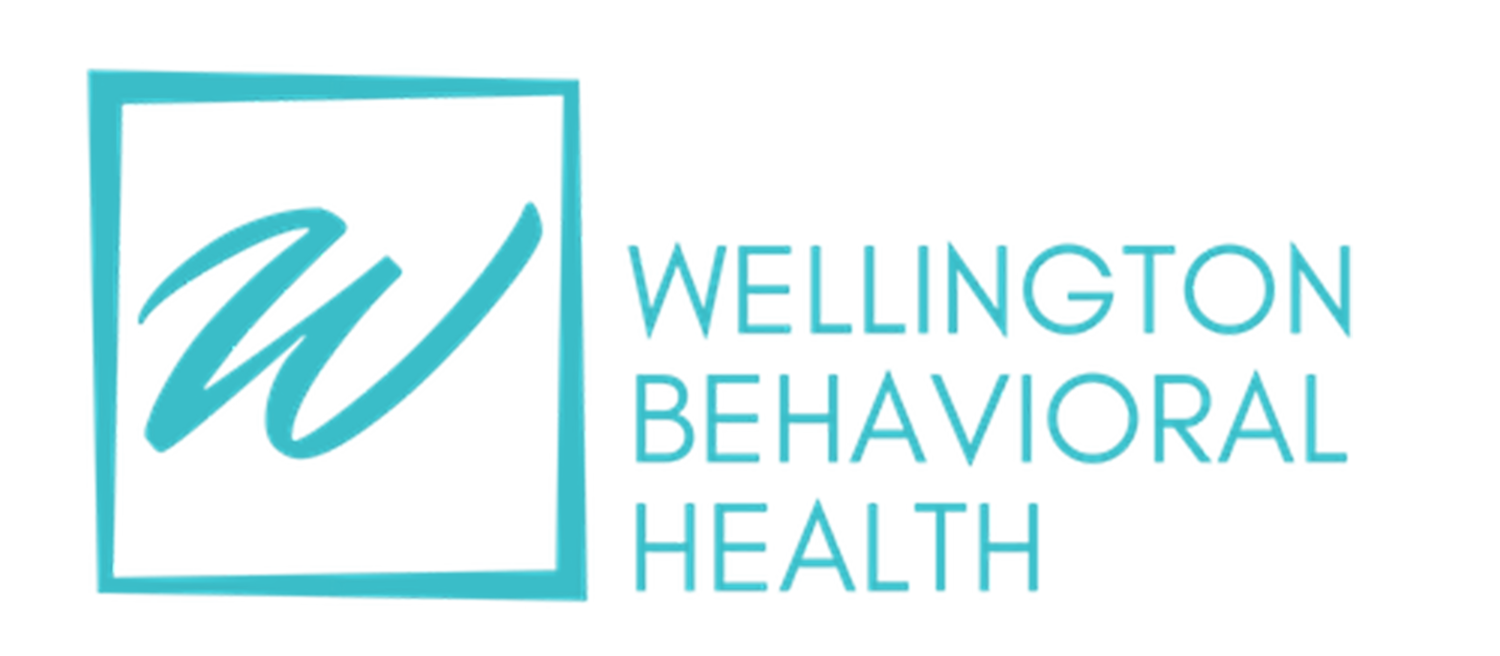It’s no surprise that friends and family play an important role when encouraging a loved one with an eating disorder and/or body image issues to start treatment. Sufferers often struggle to seek help, whether because they’re afraid, ashamed, or even unaware that they have a problem. When a friend or family member identifies concerning behaviors or symptoms, it sometimes serves as a wake-up call.
If you are concerned about a loved one’s eating or body image issues, consider the following tips when offering them support.
Learn as much as you can about eating disorders.
Eating disorders are a complex issue. Read books and articles to learn more. Talk to doctors or healthcare professionals to gain a better understanding of weight, nutrition, and exercise. The more robust your knowledge, the better you’ll be able to dispel inaccurate ideas that may be fueling your loved one’s eating patterns.
Practice what you want to say.
It’s normal to feel nervous before confronting someone about an eating disorder! Write down your main points and practice reading the script out loud. You may even want to practice in front of a friend or family member who is also aware of the issue to ensure that your approach is thoughtful and compassionate. As you rehearse, be honest and open about your concerns. As hard as it is to have this conversation, remember that avoiding or ignoring the problem won’t help!
Stick to the facts.
Only focus on what you know to be true. You don’t want to accuse someone of behaviors that haven’t occurred, as it may discredit your entire opinion. Although it’s sure to be an emotionally-charged exchange, remain calm and focused. Use “I” statements rather than “you” statements. Notice the difference here: “I’m worried with how much you’re going to the gym” versus “You’re exercising too much!” Accusatory statements often make people feel defensive, which can steer the conversation in an unhealthy direction.
Encourage them to seek professional help.
Most eating disorder sufferers require professional help to truly get better. Offer to help them find a physician, therapist, or treatment center. You can even attend appointments with them if they ask for or need additional support. If you’re unsure where to start, contact the National Eating Disorder Association Helpline.
Of course, the importance of support from friends and family reaches far beyond that initial conversation.
Studies show that individuals with a strong support system make greater gains in treatment and tend to have longer recovery. Remember that the first step towards recovery can be challenging and scary, so do your best to comfort them and ease their fears. Just knowing that you’re in their corner will make a big difference!
Discover the possibility of living a meaningful life. Discover the possibility of recovery. Reach out to Dr. Benaaz Russell, PsyD, CEDS-S, today to schedule an appointment!

